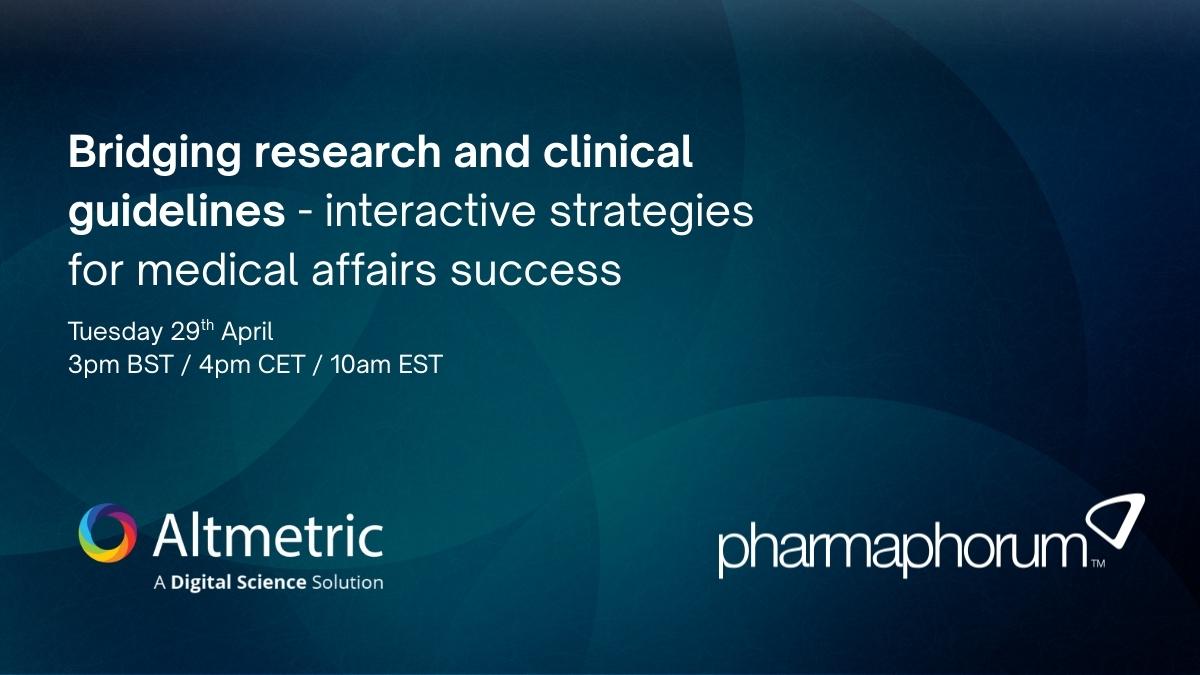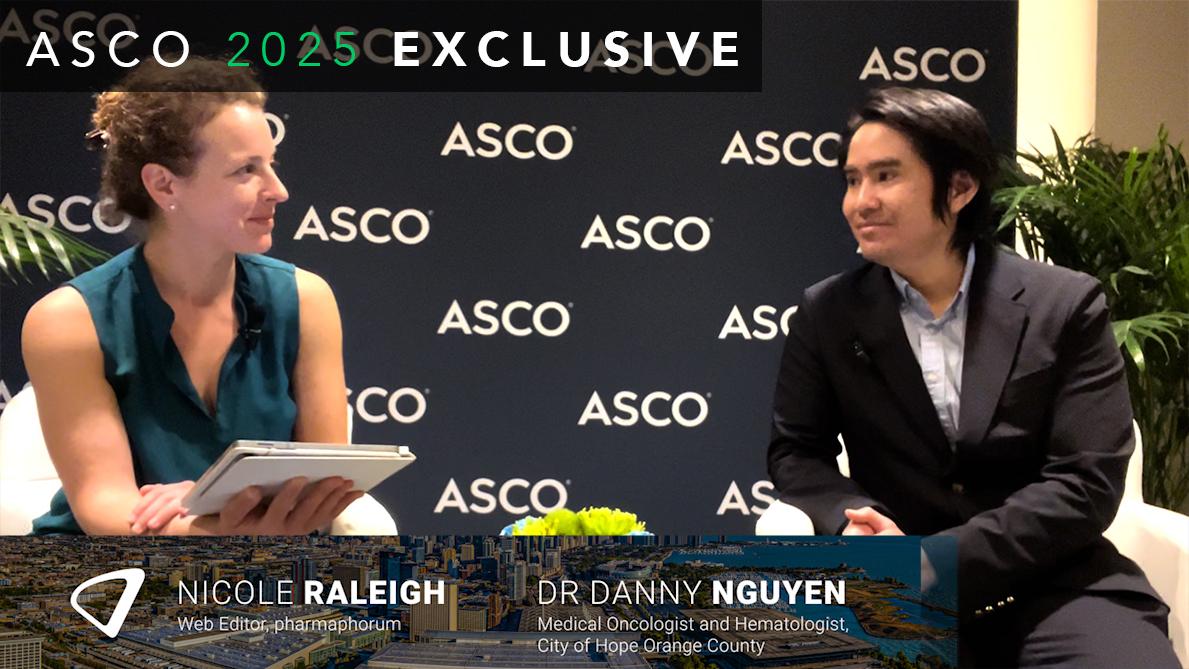AZ, Daiichi get Datroway nod in lung cancer on second try

AstraZeneca and Daiichi Sankyo's TROP2-directed antibody-drug conjugate (ADC) Datroway has been granted accelerated approval from the FDA for a lung cancer indication, seven months after withdrawing an earlier filing for the drug.
Datroway has been cleared for use in adults with locally advanced or metastatic EGFR-mutated NSCLC who have previously received EGFR-directed therapy and platinum-based chemotherapy, making it the first and only TROP2-directed therapy approved in the US for lung cancer.
The ADC is already being used for previously treated HR-positive, HER2-negative metastatic breast cancer, an indication authorised by the FDA in January.
The green light is based on the TROPION-Lung01 and TROPION-Lung05 studies, in which Datroway showed an objective response rate of 45%, including 4.4% complete responses, in NSCLC patients treated with at least one prior therapy when compared with docetaxel, a standard form of chemotherapy for this patient group. The median duration of response was 6.5 months.
TROPION-Lung01 showed a modest improvement in progression-free survival (PFS), which came in at 5.6 months and 3.7 months, respectively, but failed to show any significant extension in overall survival.
As most of the benefit in that study came from patients with non-squamous tumours, with little efficacy in squamous disease, AZ and Daiichi Sankyo subsequently changed tack to target previously treated EGFR-mutant NSCLC as a new niche based on feedback from the US regulator, and were granted a priority review for the second filing attempt. EGFR mutations are seen in around 20% of NSCLC cases.
The switch has allowed the two companies to bring Datroway to market as they work towards broadening its label, including in first-line NSCLC, with a string of additional clinical trials.
In the second half of 2025, for example, the companies hope to announce top-level results from the phase 3 AVANZAR study of Datroway in combination with PD-L1 inhibitor Imfinzi (durvalumab) and platinum-based chemotherapy in patients with first-line NSCLC.
That will be the first of five late-stage studies in the frontline NSCLC setting, as AZ and Daiichi Sankyo also work towards extending use of the drug into earlier lines of treatment of HER2-positive breast cancer, as well as triple-negative breast cancer (TNBC).
The two companies are also evaluating Datroway alone and with AZ's EGFR inhibitor Tagrisso (osimertinib) in other advanced or metastatic EGFR-mutated NSCLC settings in the late-stage TROPION-Lung14 and TROPION-Lung15 studies.
Image by David Sánchez-Medina Calderón from Pixabay













